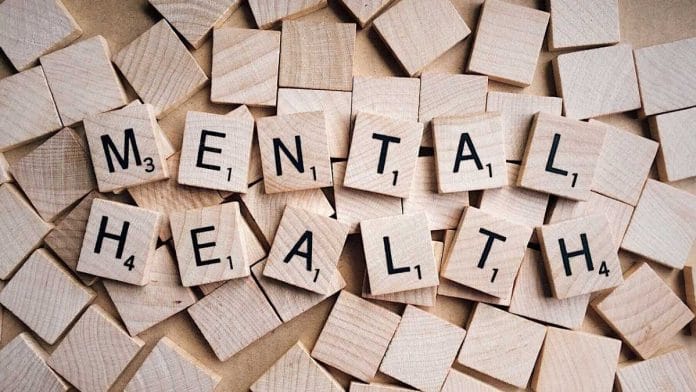New Delhi: Depression, stress and loneliness can weaken the body’s immune system, which could reduce the effectiveness of vaccines — a fact that could be even true for Covid-19 vaccines as well, a new report has suggested.
With several vaccine candidates being evaluated across the world, the report stated that vaccine efficacy doesn’t just depend on the vaccine but also on the ‘characteristics’ of those vaccinated.
“This percentage, termed vaccine efficacy, depends not only on the vaccine, but also on characteristics of the vaccinated,” stated the report published in the Perspectives on Psychological Science journal on 13 January.
It added that psychological and behavioural interventions could help in increasing vaccine efficacy.
Also read: Drastic changes in diet, increase in anxiety, loneliness — how Covid altered lifestyles
Psychological impact on physiological response to vaccine
While rigorous testing for Covid-19 vaccines have shown high efficacies, the report suggests that not everyone will immediately gain the full benefit. Environmental factors, such as a person’s genetics, physical and mental health, could weaken their immune system’s response. This, in turn, could reduce the vaccine’s efficacy.
The report explained that the prevalence of psychological and behavioural risk factors increased during the coronavirus pandemic.
Annelise Madison, a researcher at The Ohio State University and lead author of the paper, said, “Our new study sheds light on vaccine efficacy and how health behaviours and emotional stressors can alter the body’s ability to develop an immune response. The trouble is that the pandemic in and of itself could be amplifying these risk factors.”
Currently, most Covid-19 vaccine candidates in circulation claim to be 95 per cent effective. Even then, the report states that psychological and behaviour factors could lengthen the amount of time taken to develop an immunity against coronavirus.
“Prior research suggests that psychological and behaviour interventions can improve vaccine responsiveness. Even shorter-term interventions can be effective,” the paper stated.
It suggested simple interventions such as exercising and sleeping to help increase efficacy.
“Psychological interventions as possible vaccine adjuvants include massage, meditation/mindfulness, expressive writing and stress management,” said the report.
It concluded that “now is the time to identify those at risk for a poor immune response and intervene on these risk factors”.
Also read: Depression, OCD, loss of sleep — Covid has made everything worse, but there are ways to cope
‘No direct link between mental health & vaccine efficiency’
Experts said there isn’t a direct relation between mental health disorders and vaccine efficacy, but conceded that the impact of such disorders on one’s immunity could be why a vaccine may be less efficient.
Dr Rommel Tickoo, associate director, Internal Medicine, Max Super Speciality Hospital, Saket, told ThePrint, “If your immunity is low, you might not generate a good immune response. For instance, if you’re elderly, diabetic, immunocompromised, cancer patients, you won’t have a good immunity.
“But I don’t think psychological issues will have a direct impact. It is not related. Maybe, it is related indirectly because people who have mental illnesses usually have an issue with nutrition and immunity. That can indirectly affect the immune system,” he explained.
Meanwhile, Dr S. Chatterjee, senior consultant, Internal Medicine, Apollo Hospital, New Delhi, explained that there is a reason why the vaccine is only 70 per cent efficient.
“Since you’re giving the same vaccine to everybody, why is it that 30 per cent of people won’t develop immunity. It’s because everybody is different,” he said.
“The efficacy of the vaccine would depend on individual factors, such as whether the patient is immunological deficient. I don’t think the psychological factors will have an impact on efficacy.”
Also read: Discussing mental health during Covid isn’t just for woke Instagrammers, it’s for everyone







Good